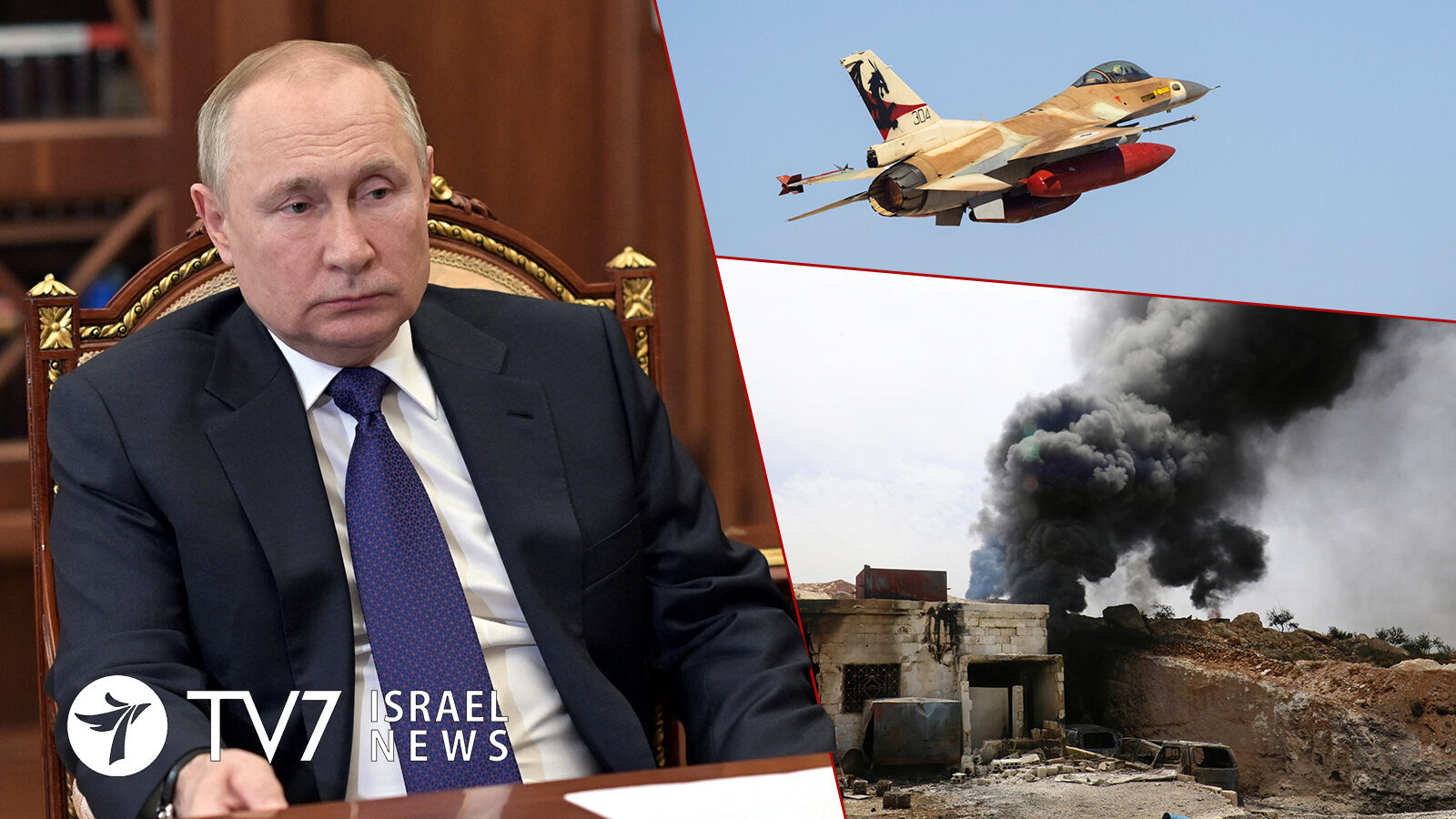This, according to Israeli Defense Minister Benny Gantz.
By Erin Viner
“Israel continues to operate against weapons transfers and other Iranian threats” in the neighboring Arab Republic, Jerusalem’s top defense official said during a remote address about the security situation in Syria and other critical security challenges to the Washington Institute Policy Forum.
“We have done so, and we will continue to do so… and we don’t see much difference in terms of the Russian policy of what is being done there, etc,” he told the audience of academics, policy experts and journalists.
The two countries established a a “deconfliction mechanism” to prevent inadvertent clashes in Syria following Russian intervention in the civil war in the Arab Republic amid frequent alleged IDF strikes against Iranian deployments and arms transfers to its proxies in the neighboring Arab Republic.
Soon after Moscow’s invasion of neighboring Ukraine late February, the Kremlin sought to reassure Israel that the bilateral security coordination would remain unaffected. “Our military officials discuss the practical issues of this substantively on a daily basis. This mechanism has proven to be useful and will continue to work,” declared the Russian Embassy in Israel in a statement on 27 February. In tandem, the Israeli Defense Forces underscored in regard to continued coordination with Russia over Syria that it “will act when needed to counter threats, defend the people of Israel and our sovereignty.”
When questioned at the Washington Institute about Israel’s interests in Syria, Minister Gantz highlighted the necessity to thwart Iran’s hold over the war-torn country.
“We have zero interest in Syria, to exclude the arms transfer that happens through Syria, the Iranian basement activities that we see in Syria. We’ve been operating against this for many years now,” he underscored.
According to a statement TV7 obtained from the Israeli Ministry of Defense (IMoD) Communications Office, Lt. Gen. (Res.) Gantz stressed, “In the recent period, we are seeing more stability in Syria and I see that there is some activity between Syria and members of the Arab League.”
The Israeli Defense Minister stressed that if Syrian President Bashar al Assad “wishes to be part of the close region, he will have to stop his negative ties to Iran and the terror” that emanates from his nation.
Gantz went on to emphasize that, “intelligence cooperation and a regional alliance will make up for any lack of inspections on Iran’s nuclear ambitions,” while warning in tandem that ‘Plan B’ must be implemented immediately if negotiations in Vienna to revive the the 2015 Joint Comprehensive Plan of Action (JCPOA) do not culminate in an agreement.
‘Plan B’ refers to all options to prevent Iranian acquisition of a nuclear weapon, including possible military strikes.
